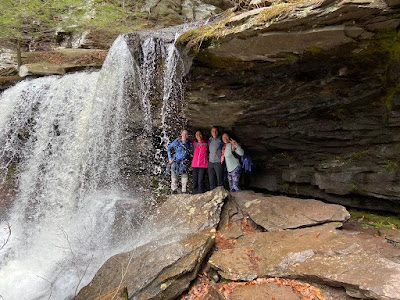Towards a compassionate learning design

Over the last few years, Maha, Nicola and I have been grappling with the idea of designing for compassion. Our engagement with compassionate learning design started with a thought experiment: frustrated with the concept of empathy in design thinking, i.e., the assumption that we can put ourselves in somebody else's shoes, we experimented with replacing empathy with compassion. Drawing from the work I did in my PHD, where I looked at the potential of digital storytelling, to facilitate an engagement across difference and where I used Boler's concept of witnessing, or compassionate listening, to emphasise the importance of recognising how we are differently positioned when listening and responding to stories of others, and in particular for those in privileged positions, to take accountability and responsibility for our own role in somebody's else's story. ‘[compassion] goes beyond the feeling-for or feeling-with an individual and moves towards understanding the social an...



